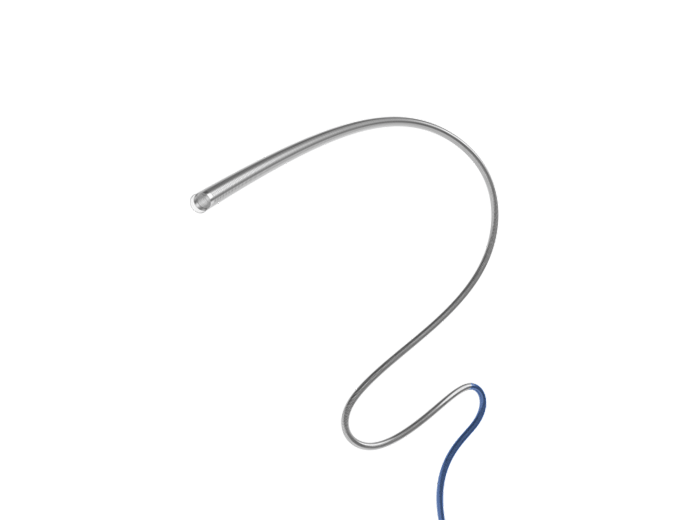the core of our corporate values
Industry Landscape and Opportunity Analysis of Drug-Eluting Balloon Catheters
In the rapid development of global medical technology, drug-eluting balloon catheters are emerging as an innovative product in the field of interventional therapy, gradually showcasing their unique appeal and vast application prospects in the international market. This article will delve into the current status and development trends of drug-coated balloon catheters in the international market from three dimensions: industry structure, technological innovation, and future opportunities.
Definition of Drug-coated Balloon Catheters
Drug-coated balloon catheters, as a perfect fusion of traditional balloon angioplasty and modern drug-eluting technology, primarily involve the precise coating of anti-endothelial proliferation drugs (such as paclitaxel and sirolimus) on the balloon's surface. When the balloon expands within the blood vessel, these drugs are effectively released into the vessel intima, inhibiting intimal hyperplasia and thus achieving the therapeutic goal. This process not only optimizes therapeutic outcomes but also significantly reduces the risk of restenosis, providing patients with safer and more effective treatment options.
Competitive Landscape in the International Market
In the international market, the drug-coated balloon catheter industry showcases a competitive landscape where "the bigger remain bigger, and the stronger remain stronger." International medical giants like Medtronic, Boston Scientific, and Edwards Lifesciences dominate the market leadership with their strong R&D capabilities, extensive market experience, and comprehensive sales channels. These companies have not only achieved significant results in the field of in-stent restenosis but are also continuously exploring the application of drug-eluting balloon catheters in more indications to expand market boundaries.
Technological Innovation Leading Future Opportunities
Although the current market structure is relatively stable, technological innovation remains an inexhaustible driving force for industry development. In the field of drug-eluting balloon catheters, the selection of drugs and coating technology are crucial. Paclitaxel, currently the most commonly used drug, has a fairly mature technical process; however, its limitations prompt companies to continuously seek new breakthroughs. Sirolimus, as a highly promising next-generation drug, is sparingly used due to immature technology and unclear clinical research results, but its future prospects are still widely optimistic. Furthermore, with the advancement of materials science and nanotechnology, the performance of drug-eluting balloon catheters will be further enhanced, providing more precise and efficient treatment solutions.
New Opportunities in the International Market
With the improvement of global medical standards and the intensification of population aging, the number of patients with cardiovascular diseases is steadily increasing, leading to growing demand for high-quality, high-efficiency interventional treatment methods. This situation provides a broad development space for the drug-eluting balloon catheter industry. Especially in some emerging markets and developing countries, as medical infrastructure improves and patient affordability increases, the market potential of drug-eluting balloon catheters will gradually be unleashed.
In summary, the drug-eluting balloon catheter industry is welcoming new development opportunities in the international market. Facing fierce market competition and technological challenges, companies should continuously increase R&D investment, drive technological innovation and product upgrades; at the same time, actively expand the international market, and seize opportunities in emerging markets to achieve more stable and sustainable development. In this process, drug-coated balloon catheters will continue to play an important role in the field of interventional therapy with their unique advantages and broad application prospects.










